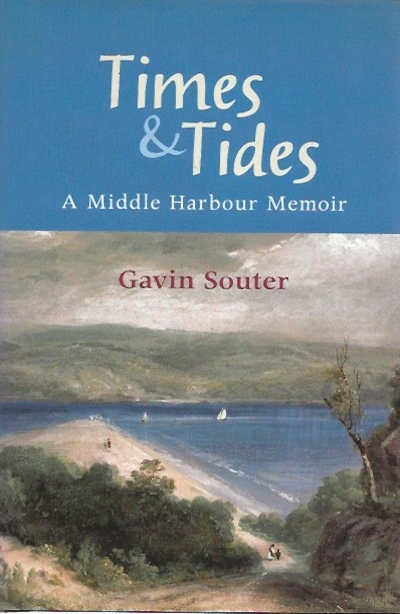Simon & Schuster
Times & Tides: A Middle Harbour memoir by Gavin Souter
by Alan Atkinson •
Wilderness: The writer’s landscape, volume I by Suzanne Falkiner
by David Tacey •
The Hole Through the Centre of the World by Kevin Brophy
by Michelle de Kretser •





